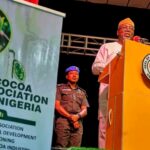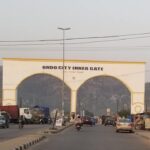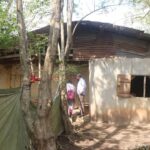The candidate of the Labour Party in the 2023 Presidential election, Peter Obi has described the 2025 UTME results as a reflection of the challenges facing the nation’s education system.
He made this know in a post he made on his X handle where he analyzed the announcement that more than 1.5 million candidates who sat for the UTME scored less than 200.
It read “I just came across the official results from JAMB showing the recent exam figures.
According to the data shared, a total of 1,955,069 candidates sat for the exam.
Shockingly, out of this number, only about 420,000 candidates scored above 200, while over 1.5 million scored below 200.
“This means that over 78% of the total candidates failed to meet the 200-mark threshold — a reflection of the deep-rooted challenges in our educational system.
“The latest JAMB results once again highlight the consequences of decades of underinvestment in education, a sector that should be central to our national development strategy.”
Obi compared Nigeria’s education system to what is found in order countries while emphasizing that the country is failing to address the challenges
“Currently, Nigeria’s total university enrollment stands at approximately 2 million students. By comparison, the National University of Bangladesh — a single university — has over 3.4 million students enrolled, despite the country having only about 75% of Nigeria’s population. One university in Bangladesh surpasses the entire university enrollment in Nigeria.
“Bangladesh, which once lagged behind Nigeria in virtually every measurable development index, now surpasses us in all key areas of development and in the Human Development Index (HDI).
“Similarly, Turkey, with a population of about 87.7 million people, has over 7 million university students — more than three times Nigeria’s total university enrollment.”
Peter Obi advised the massive investment into education in order to address the deep-rooted challenges facing the nation’s education system.
“I have consistently said it: education is not just a social service; it is a strategic investment. It is the most critical driver of national development and the most powerful tool for lifting people out of poverty.
“We must now invest aggressively in education — at all levels — if we are serious about building a prosperous, secure, and equitable Nigeria. A New Nigeria is POssible.”












